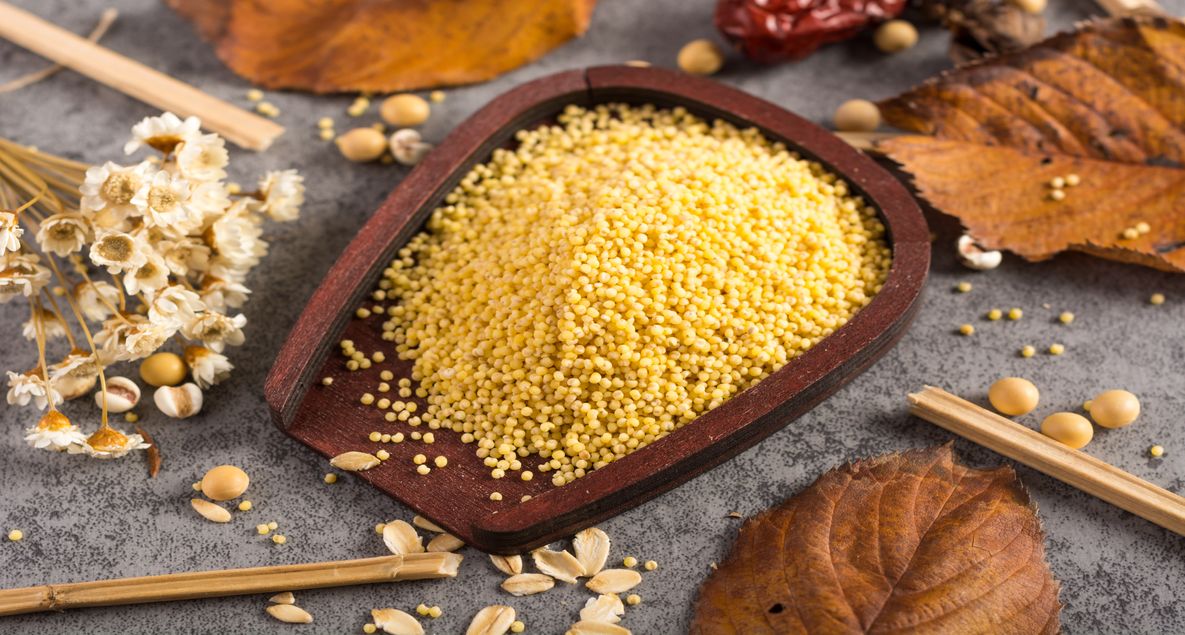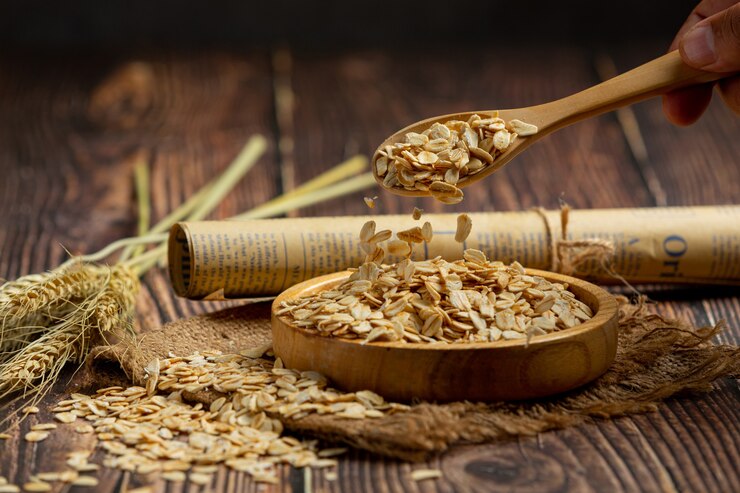HEALTH BENEFITS OF CONSUMING MILLETS TO INFLUENCE MILLETS MARKET GLOBALLY
Millets are small-seeded grasses widely grown across the world as cereal crops or grains for fodder and human food. Various types of millet crops such as sorghum, finger millet, pearl millet, barnyard millet, proso millet, and little millet are grown across the globe. These crops are grown in semiarid tropical regions as they are highly drought tolerant in nature. For centuries, millets have served as a major staple food in Asia and Africa. Millets are no gluten food and are rich in nutrients such as copper, magnesium, phosphorus, and manganese. The rich nutritional content in the millets helps in maintaining a healthy life. Millets are an ideal food for people suffering from chronic diseases such as diabetes and heart diseases. Millets are rich in fiber, which helps in digestion and can relieve bowel issues. Regular consumption of millets helps in preventing gastrointestinal problems and other diseases related to the kidney and liver.
The millets market is anticipated to grow in the forecast period owing to driving factors such as health benefits offered by millets and the trend of consuming healthy food. Millets are perceived to be one of the healthiest food options which can be used in various food products such as infant food, bakery product, and breakfast foods. Millets products are gaining high popularity among the consumers due to rising awareness about the health benefits offered by millets. Milles are rich in minerals such as calcium, iron, copper, magnesium, potassium, folate, niacin, and vitamin B6, C, E, and K. A single cup of cooked millet contains 207 calories along with 6 grams of protein, 2 grams of dietary fiber and a minimal amount of fat. In terms of nutritional content, millets surpass some commonly consumed cereals such as rice and wheat.
Moreover, millet consumption is associated with the curing of various types of diseases. For instance, the high fiber levels present in millet reduces low-density lipoprotein or bad cholesterol and increases the high-density lipoprotein or good cholesterol. Besides this, millet’s high fiber content also reduces blood pressure and thus minimizing the risk of heart attacks. Likewise, the magnesium content in millets helps in improving insulin sensitivity and helps in preventing type 2 diabetes. Being rich in iron and folic acid, millets prevent anemia and maintain the right level of hemoglobin in the body. Also, it avoids other diseases like obesity and cardiovascular problems like heart attack, coronary artery disease, and arrhythmias. The application of millets in nutrition products and infant food is increasing at an alarming rate due to the high nutritional content of millets. Therefore, rising awareness among consumers about the health benefits associated with regular consumption of millets is expected to drive the growth of the millets market.



